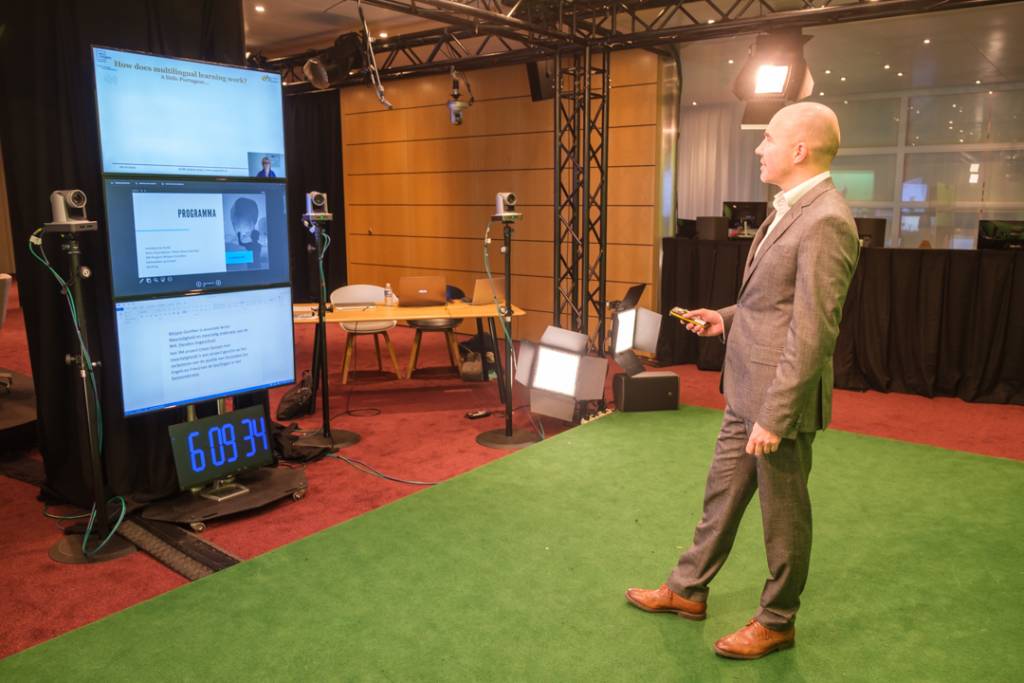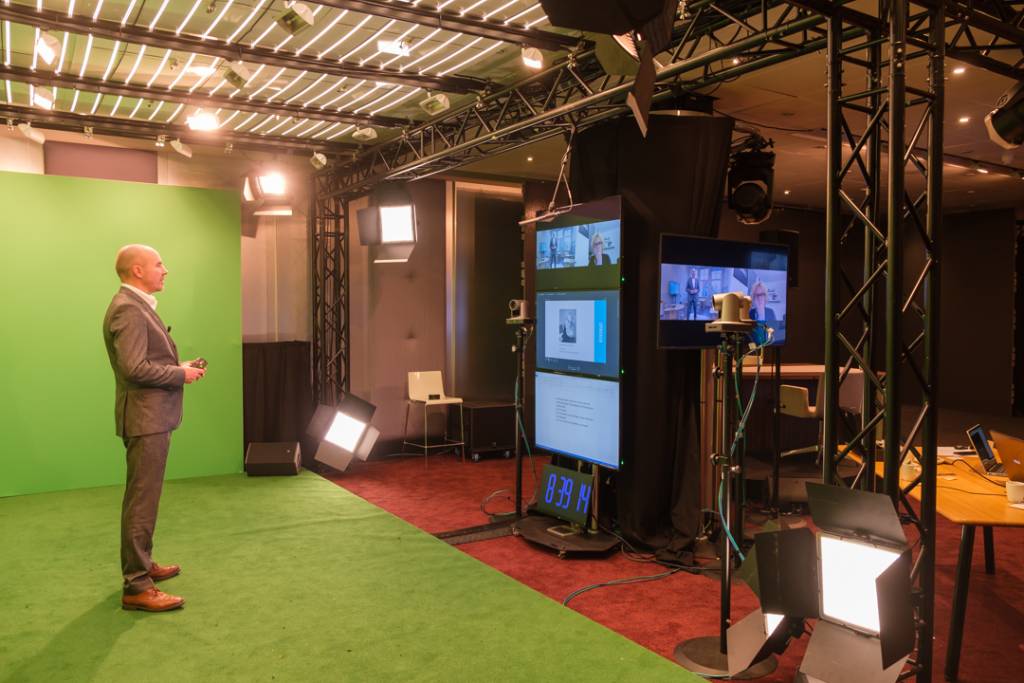General
Webinar brings together primary teachers and heritage language schools
In a free online event titled Meertalige Kinderen: Wat doe je ermee? on the evening of October 8, organized by Heritage Language Schools Eindhoven (HLSE), Holland Expat Center South, and SALTO schools, Dutch primary school teachers discovered the many mother tongue ("heritage language") programs of the Brainport region and learned how to tap into children's multilingualism as a useful resource in the classroom. Over 200 Dutch primary school teachers and heritage language program organizers in Eindhoven registered for the event.
What is a "heritage language school"? They are also called mother tongue, home language, or weekend schools. These are programs – often run by volunteers who start a non-profit organization – to help children develop a language that they speak at home, but are not able to study at school. Lessons take place after school time or in the weekend throughout the school year.
The purpose of the event was to draw attention to the role that a child's heritage language plays in his/her overall educational development. Given that there are so many multilingual students in Eindhoven, it is important for Dutch teachers to know that a strong basis in the home language can lead to greater social and academic success overall for multilingual children – also in Dutch!.
The event was originally planned for the end of March, 2020, during which attendees could have made acquaintance over a borrel met hapjes and participate in a networking activity after hearing two speakers. "In no time we had 170 registrations, with a waiting list! Multilingualism is a very hot topic," explains Josine Frankhuizen, Policy Developer for Economics and Culture at the Holland Expat Center South. Teachers showed interest from Eindhoven, as well as from Best, Veldhoven, Geldrop, Helmond, Eersel, Bladel, Waalre, Son, and Beek en Donk
"We knew that when the event was cancelled due to the pandemic that we would have to find a way to eventually go forward with it," says Frankhuizen. The traditional face-to-face event was transformed into an online event making use of a new digital studio in Eindhoven's iconic Evoluon.
The event was opened virtually by Geert Simons, head of SALTO Internationalization (until October 1), who provided an overview of the more than 20 heritage language programs in the Eindhoven area. "The SALTO International School leaders advise that multilingual children follow lessons in their mother tongue if available," says Geert, "which is why SALTO helps promote the HLSE network."
The first expert speaker was Ellen-Rose Kambel from the Rutu Foundation, who explained that having the opportunity to study one's home language is considered a universal right by UNESCO. Schools can opt to become a "Language Friendly School" by ensuring that all children have access to a language-friendly learning environment where they feel accepted. The second expert speaker was Mirjam Günther from “Meer kansen Met Meertaligheid” (3M), a research project aimed at improving the role of the home language in primary education.
After the talks Dutch primary school teachers had the chance to ask a few questions to the organizers, teachers, and volunteers who work at heritage language schools. This was a first step towards building a relationship between the two groups.
"It is important for the mainstream teachers to be aware of which heritage language programs are out there, the common challenges faced by these programs, and the determination that is necessary to keep this type of supplementary education afloat," says Gisi Cannizzaro, co-founder of Eindhoven Italian School "La Lampadina" and organizer of HLSE. "The work and achievements of these language programs need to be recognized and valued by the community. Of course Dutch teachers face challenges, too, which is why we invited speakers to share some tips for utilizing multilingualism in the classroom."


